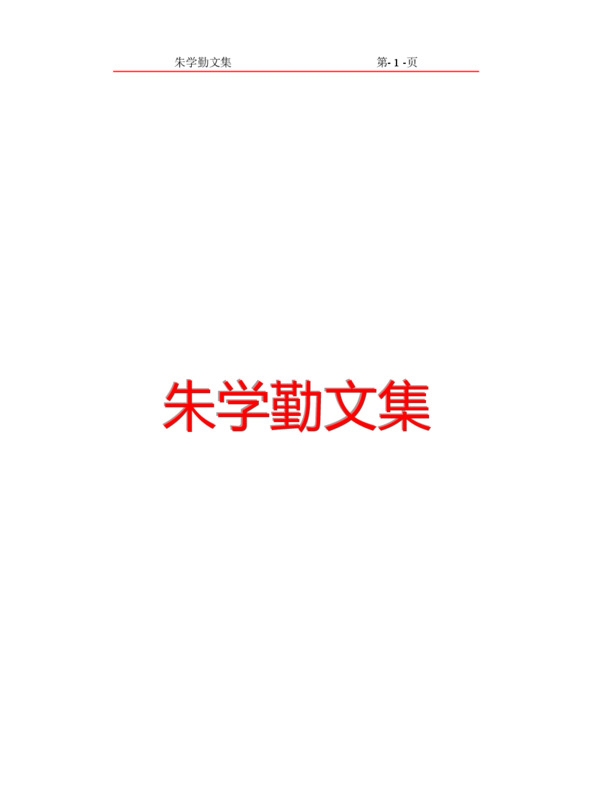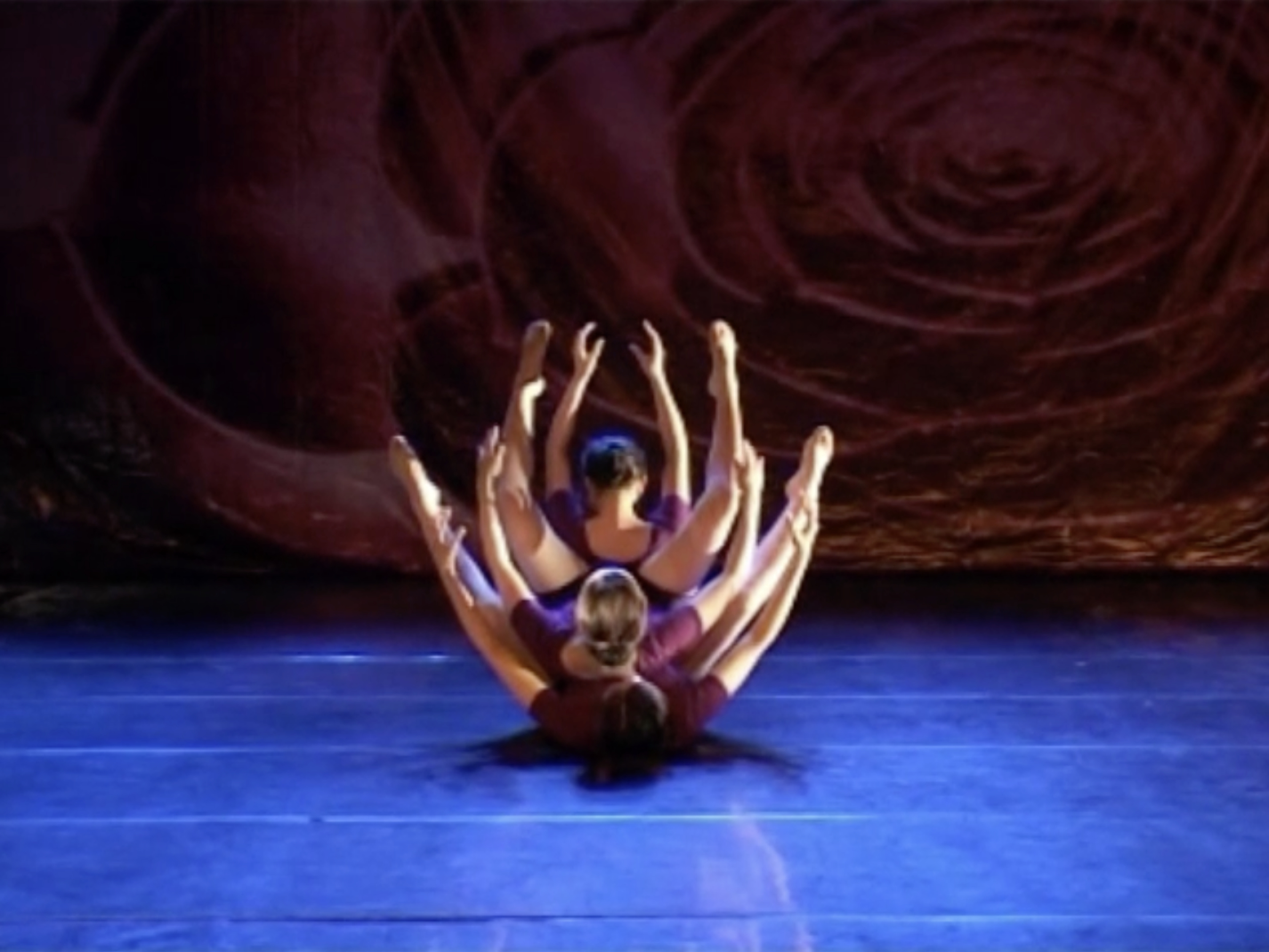Explore the collection
Showing 166 items in the collection
166 items
Book
Zhao Ziyang’s Conversations Under House Arrest
In January 2007, Hong Kong Open Press published the book "Conversations of Zhao Ziyang under House Arrest". It was narrated by Zong Fengming and prefaced by Li Rui and Bao Tong. The narrator, Zong Fengming, is an old comrade of Zhao Ziyang. He retired from Beijing University of Aeronautics and Astronautics in 1990. From July 10, 1991 to October 24, 2004, using the name of a qigong master, Zong Fengming visited Fuqiang, who was under house arrest in Beijing. Zhao Ziyang, who lives at No. 6 Hutong, had hundreds of confidential conversations with Zhao Ziyang. This book is a rich account of these intimate conversations. Zhao Ziyang talked about the power struggle and policy differences within the top leadership of the CCP, his relationship with Hu Yaobang, his evaluation of Mao Zedong and Deng Xiaoping, his criticism of Jiang Zemin and Hu Jintao, Sino-US relations, the Soviet Union issue and Taiwan issues. He also conducted in-depth reflections on the history of the Communist Party.
Book
Zhu Xueqin Anthology
A collection of essays by Zhu Xueqin, a Chinese liberal intellectual. He has faced and criticizes various problems in China from a liberal point of view. Most of Zhu Xueqin's books were later banned.
Film and Video
Beijing's Petition Village
In China, individuals can complain to higher authorities about corrupt government processes or officials through the petition system. The form of extrajudicial action, also known as "Letters and Visits" (from the Chinese xinfang and shangfang), dates back to the imperial era. If people believe that a judicial case was concluded not in accordance with law or that local government officials illegally violated his rights, they can bring it to authorities in a more elevated level of government for hearing, re-decide it and punish the lower level authorities. Every level and office in the Chinese government has a bureau of “Letters and Visits.” What sets China’s petitioning system apart is that it is a formal procedure—and as Zhao Liang's documentary shows, the system is largely a failure.
A residential area near Beijing South Railway Station was once home to tens of thousands of residents from all over the country. Known as “Petition Village,” its bungalows and shacks were demolished by authorities several times, but many petitioners still clung to the land in search of a clear future. _Beijing Petition Village_ portrays the village in the midst of this upheaval, focusing on the thousands of civilians who travel from the provinces to lodge their complaints in person with the highest petitioning body, the State Bureau of Letters and Visits Calls in the province, only to repeatedly get the brush-off by state officials. Ultimately, in 2007, Petition Village was demolished for good.
The film went on to win the Halekulani Golden Orchid Award for Best Documentary Film at the 29th Hawaii International Film Festival, and a Humanitarian Award for Documentaries at the 34th Hong Kong Film Awards.
Periodicals
NEWS STAND
NEWS STAND is a special issue of Hong Kong’s Stand News. Featuring selections of reporting and photography on Hong Kong's 2019 social movement, NEWS STAND presents readers with a first-hand account of Hong Kong’s history.
Established on December 30, 2014, Stand News ceased operations on December 29, 2021, after Hong Kong’s National Security Police raided the publication’s headquarters.
The Hong Kong Police charged Stand News, along with its top editors and board members, with “conspiracy to publish seditious publications” under sections 9 and 10 of the Crimes Ordinance for publishing a number of seditious articles. The preface of NEWS STAND was also used by the prosecution as evidence in court.
On December 30, 2021, former Editor-in-Chief Chung Pui-kuen and former Acting Editor-in-Chief Patrick Lam Shiu-tung were refused bail and remanded in custody.
The trial against Stand News began in October 2022 and lasted 57 days, with the verdict adjourned three times, resulting in a judgment on August 29, 2024, a span of 33 months from indictment to verdict.
Judge Kwok Wai-kin found Chung, Lam, and Stand News’ parent company guilty of criminal intent, finding that the political philosophy of Stand News was nativist and that it was “intended to incite hatred of the Chinese central government or the Hong Kong government and hatred of the judiciary.” Of the 17 articles presented by the prosecution, 11 were found by the judge to have inciting intent; Chung and Lam were respectively sentenced to 21 months and 11 months in prison.
Film and Video
The Vagina Monologues (Performance at Sun Yat-sen University)
<i>The Vagina Monologues</i> is a pioneering feminist drama created by the American playwright Eva Ensler. In 2003, teachers and students at the Gender Education Forum of Sun Yat-sen University in China adapted the play and added artistic interpretations of Chinese women's gender experience. The adapted play had its first performance at the Guangdong Provincial Art Museum on December 7, 2003. This video is a recording of that performance.





